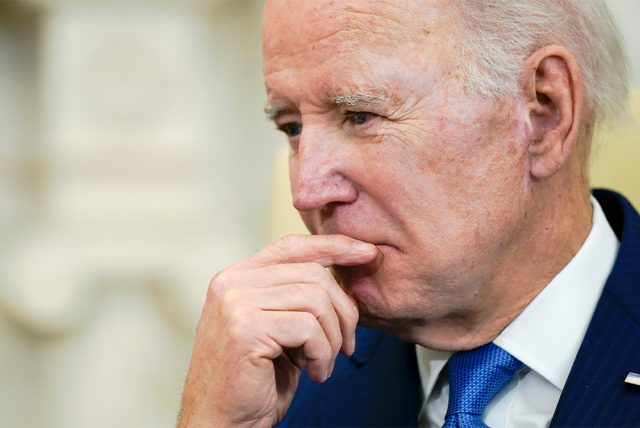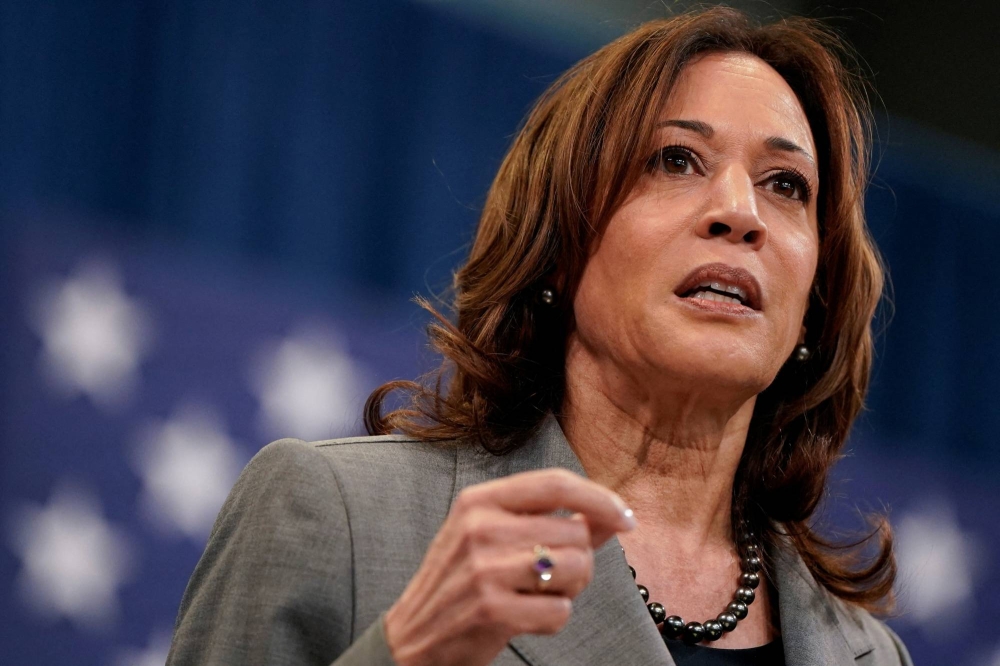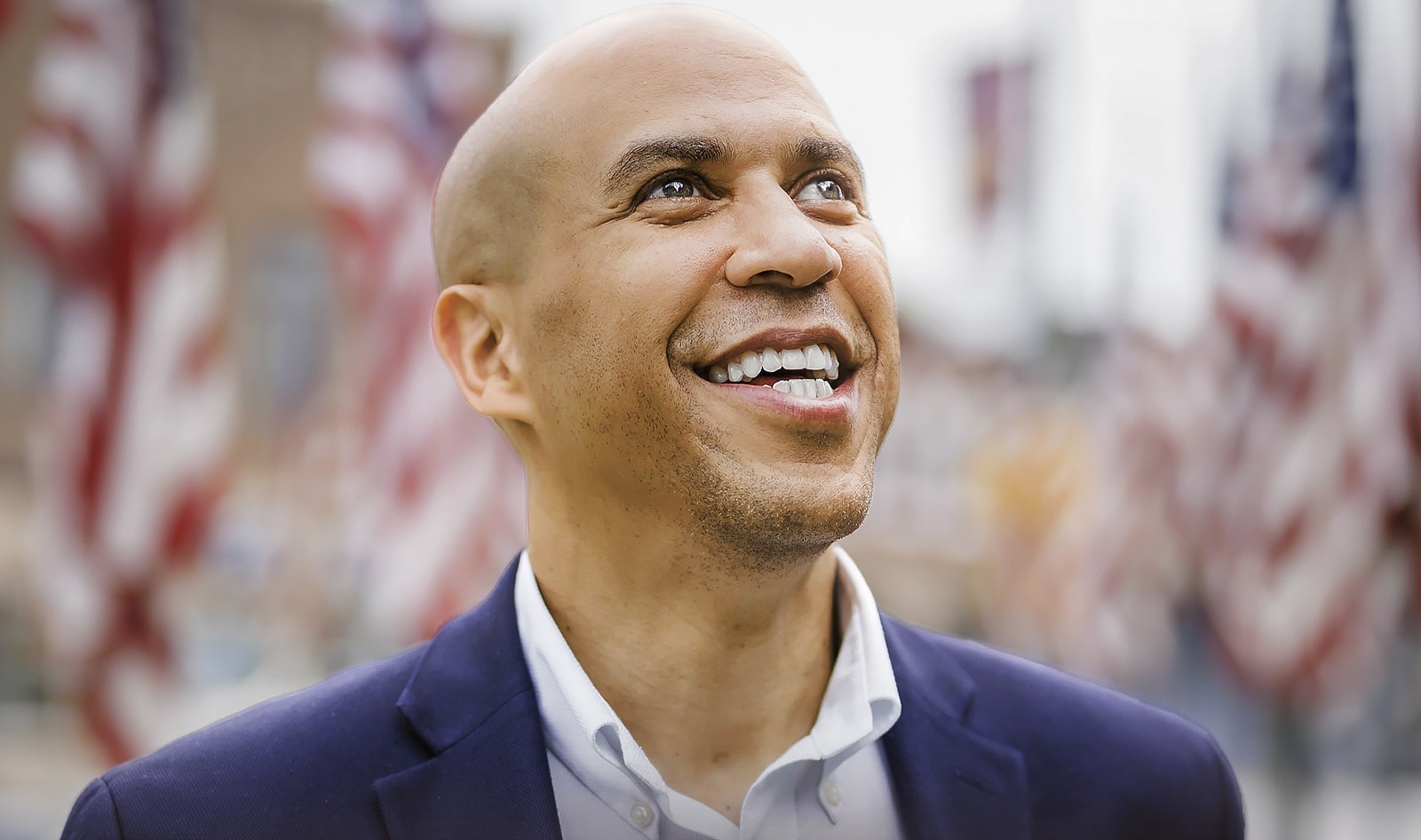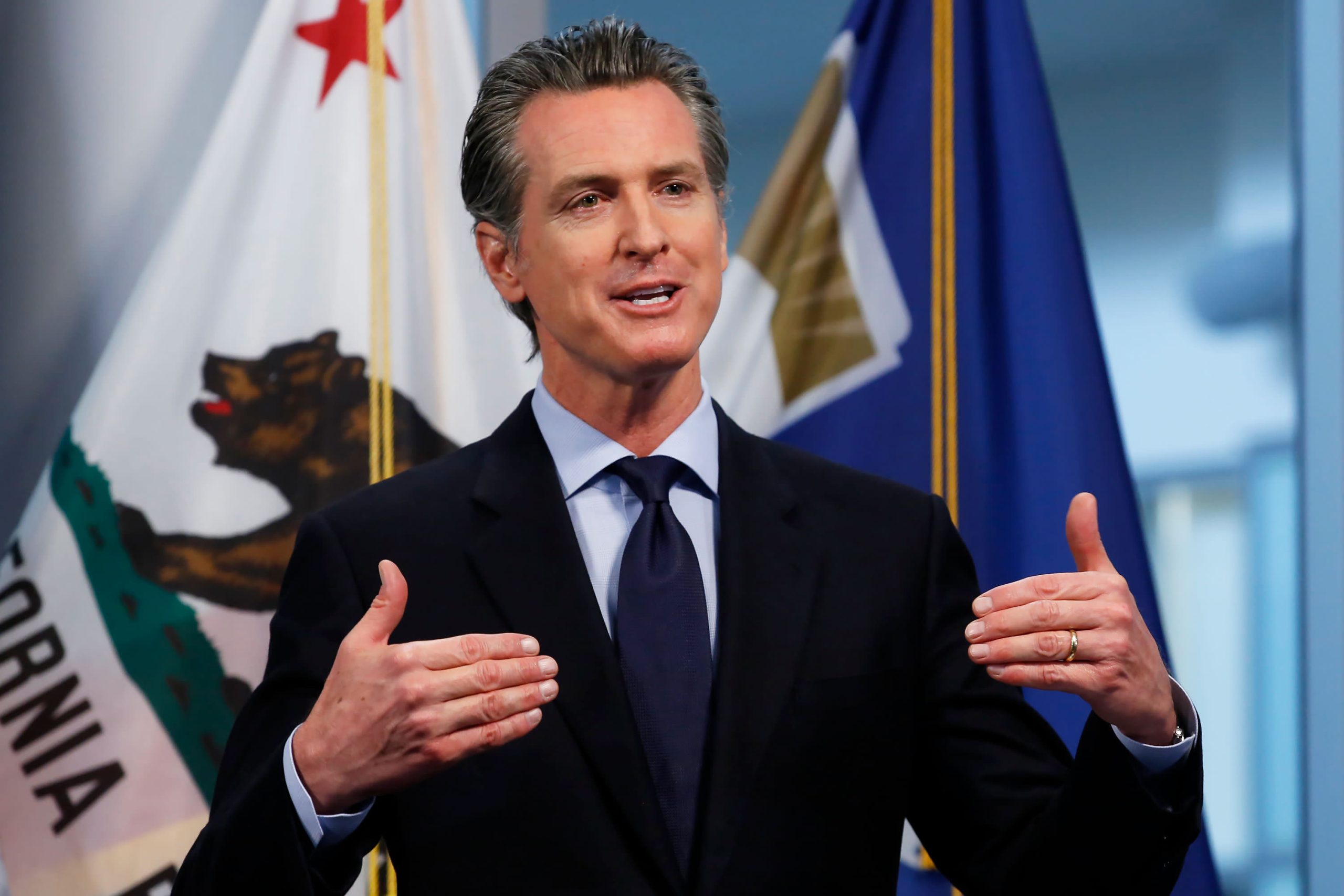
With 66% of registered voters in the US considering Biden’s mental acuity (after the debate) to be “questionable”, the Democratic Party is split between those who wish to see the incumbent president challenge Donald Trump again and those who think the ship is headed towards the iceberg if he doesn’t go.
Major donors are now sliding towards the “change Biden” lifeboat, and the liberal media is split between criticism of his prowess and an effort to still sell the incumbent as being a better alternative to Donald Trump. In the midst of it all, the 46th president of the United States declared firmly and surely: “I am running”.
He doubled down days after declaring that “only the Lord Almighty” could stop him from “beating Trump again”.
Here is the full quote:
I’m the nominee of this party because millions of Democrats like you just voted for me in primaries all across America. You voted for me to be your nominee — no one else. You the voters — the voters did that. And despite — despite that, some folks don’t seem to care who you voted for. Well, guess what? They’re trying to push me out of the race. Well, let me say this as clearly as I can: I’m staying in the race. I’ll beat Donald Trump.
However, behind his back, Democratic congressmen are sharpening their knives, and gathering support from their fellows – most of which are still staying silent on the matter, even if that could count as an implied support of the current plan. The lawmakers are considering all courses of action to persuade the incumbent to withdraw from the race, imagining this way they can avoid a shocking electoral loss that would re-legitimize Trump in the collective consciousness.
A lot could happen at the Democratic National Convention, which is scheduled to be held August 19 to 22, 2024, at the United Center in Chicago. Technically, there is no path to remove Biden as the presidential candidate, since he has won the primaries of his political party, but there are rules which allow Biden to transfer the delegates won in said primaries. This, of course, could only happen if he so wishes.
So will Joe Biden be the first president in US history to step down mid-race and allow someone else to take his spot for the good of the party? We yet don’t know if he will write such a shameful page of history, but what we know (thanks to polling) is who the top 3 alternatives to him might be. With Trump at a lucky 47% (given his circumstances) here are the candidacies that would hold most water against him:
Vice-President Kamala Harris (polling at 45%)

Kamala Harris is the Vice President of the United States, serving under President Joe Biden since January 20, 2021. Born on October 20, 1964, in Oakland, California, she is of Indian and Jamaican descent. Harris previously served as the U.S. Senator from California from 2017 to 2021. Before her Senate tenure, she was California’s Attorney General from 2011 to 2017 and the District Attorney of San Francisco from 2004 to 2011 – a job that may prove to be her biggest adversary in getting over with the progressive crowd.
Biggest strength:
Harris has the potential to invigorate key Democratic constituencies, particularly women, people of color, and younger voters. Her historic candidacy as the first woman of color on a major party ticket in 2020 generated enthusiasm, and she could rekindle that excitement in 2024 given the fact that an important chunk of the Democratic electorate is still drawn to the philosophy of identity politics. In conclusion, her candidacy could energize key demographics and bring continuity to the campaign, profiting from the visibility of being in the VP role up until this point.
Biggest weakness:
Her former job. Harris is a polarizing figure, even within her own party. Her tenure as a prosecutor and Attorney General in California has drawn criticism from both the left and right. Some progressive voters that have looked deeper in to heir past have expressed dissatisfaction with her record on criminal justice.
As Attorney General, Harris championed laws aimed at reducing truancy, which included prosecuting parents of chronically truant children. Critics argue that this approach disproportionately affected low-income families and communities of color. Moreover, Harris was criticized for her office’s response to California’s prison overcrowding crisis. She initially opposed a federal court order to reduce the state’s prison population, arguing it could affect prison labor programs, which some viewed as exploiting inmates.
The biggest pitfall of these might be not doing enough to address police misconduct. During her time as Attorney General, she did not support statewide legislation mandating the use of body cameras by police officers or establishing independent investigations of police shootings. Add to this that she was relatively slow to support the legalization of marijuana, a stance that put her at odds with a significant portion of the progressive base advocating for drug policy reform and the end of mass incarceration for non-violent drug offenses.
Senator Cory Booker (polling at 44%)

Cory Booker is a U.S. Senator from New Jersey, serving since 2013. Born on April 27, 1969, in Washington, D.C., and raised in Harrington Park, New Jersey, he earned degrees from Stanford University, Oxford University (as a Rhodes Scholar), and Yale Law School. Before his Senate career, Booker was the mayor of Newark, New Jersey, from 2006 to 2013, where he focused on urban development and crime reduction. Known for his advocacy on issues such as criminal justice reform, affordable housing, and economic equality, Booker is a prominent figure in the Democratic Party.
Biggest strength:
Experience & charisma. As the former mayor of Newark, New Jersey, Booker has hands-on experience managing a large city and addressing urban issues. This background allows him to speak credibly on topics like education, public safety, and infrastructure, which are significant concerns for urban voters. He brings a youthful, dynamic presence to politics. His charismatic and optimistic campaigning style could attract younger voters who are looking for effervescent and progressive candidates.
Biggest weakness:
Socialist economic agenda. Some voters may view Booker’s economic policies, particularly his proposals for “baby bonds” and other wealth redistribution measures, as too much. Skepticism about the feasibility and impact of his economic plans could be a stumbling block. He is also a proponent of ideas such as the Green New Deal, Medicare for all, a nationwide increase of the minimum wage and, probably the most unrealistic tax-payer experiment of them all: Universal Rent Assistance, a program that would give low-income families housing vouchers in order to overcome the burden of paying rent.
Governor Gavin Newsom (polling at 43%)




 Subscribe
Subscribe